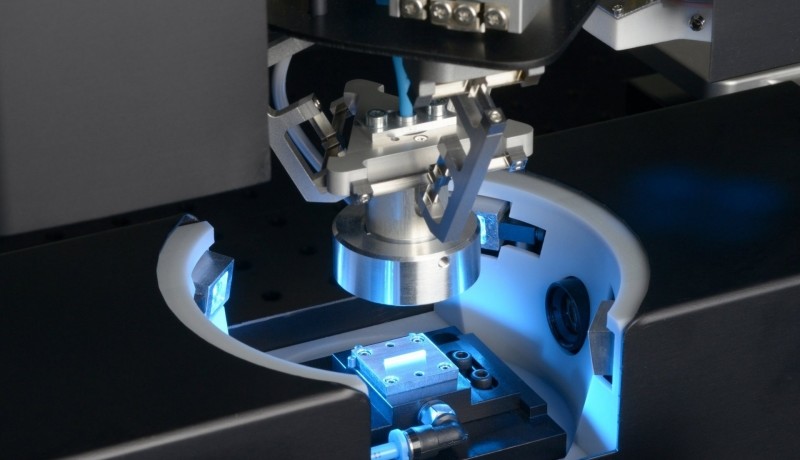Millions for photonics in the Netherlands
on

The national government of the Netherlands, a number of provinces and regions, companies and knowledge institutes, collectively will invest 236 million euro into the acceleration of the development of integrated photonics. Under PhotonDelta's flag, the partners, including the province of Overijssel, Oost NL and the University of Twente, signed a joint covenant for this purpose. With this broad cooperation, PhotonDelta Netherlands wants to position itself as a global leader and bring photonics onto the market.
Innovative applications
Integrated photonic chips operate with photons instead of electrons. As a consequence they are more accurate, more frugal and more reliable than conventional ships. The technology has a large number of useful applications: cheaper and more efficient data centres, 5G, accurate vision technology and autonomous vehicles (LIDAR), very sensitive sensors that, for example, can measure the distortion in aircraft wings or bridges, and small and affordable medical scanners. These applications are not only interesting from a commercial perspective, but also contribute to the solution of societal challenges such as affordable healthcare. The expectation, therefore, is that the market for integrated photonics – just like previous years – will double every 2.5 years. Because of this potential, the EU has named photonics as one of the five key technologies.
Ecosystem
The signatories of the PhotonDelta have the ambition to realise by 2026, the establishment of at least 25 companies with a total turnover of 1 billion euro and 4000 jobs and within an ecosystem that generates further activity and employment in the Netherlands. This will help the Netherlands to maintain its position as a forerunner.
MESA+
At the moment some 100 researchers work at the University of Twente on photonics, organised within the MESA+ institute, one of the largest concentrations in this field in the Netherlands, and enjoying worldwide fame. Through a collaboration with the Saxion University of Applied Sciences and several spinoffs in the field of photonics they make a formidable regional ecosystem. There is also a strong connection to the German industry and knowledge institutions through the Fraunhofer Project Center. Important research areas include sensor applications in the biomedical domain, secure quantum communications based on photonics, lasers with ultra-narrow bandwidths, passive devices, optical filters and amplifiers, and integration with CMOS and other material systems.
Source: University of Twente


Discussion (0 comments)